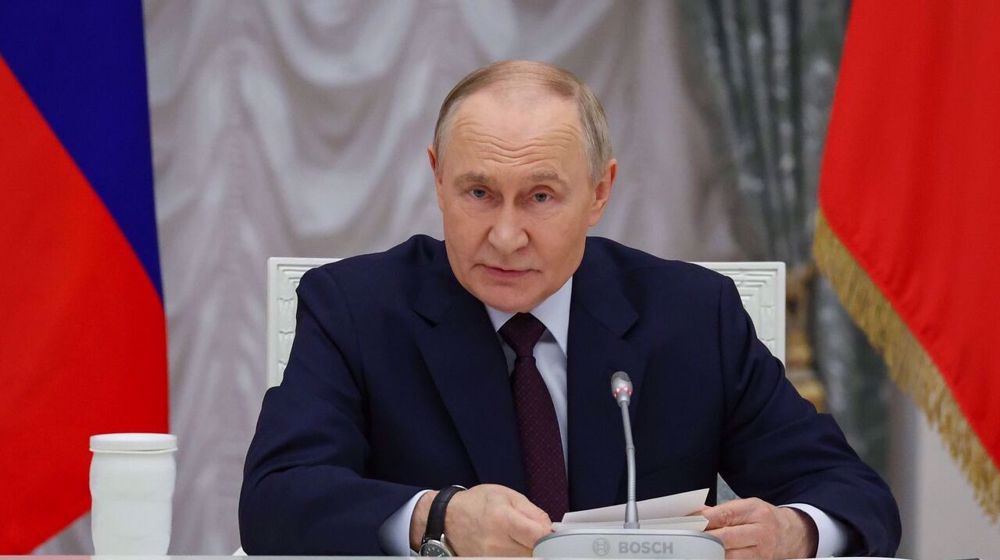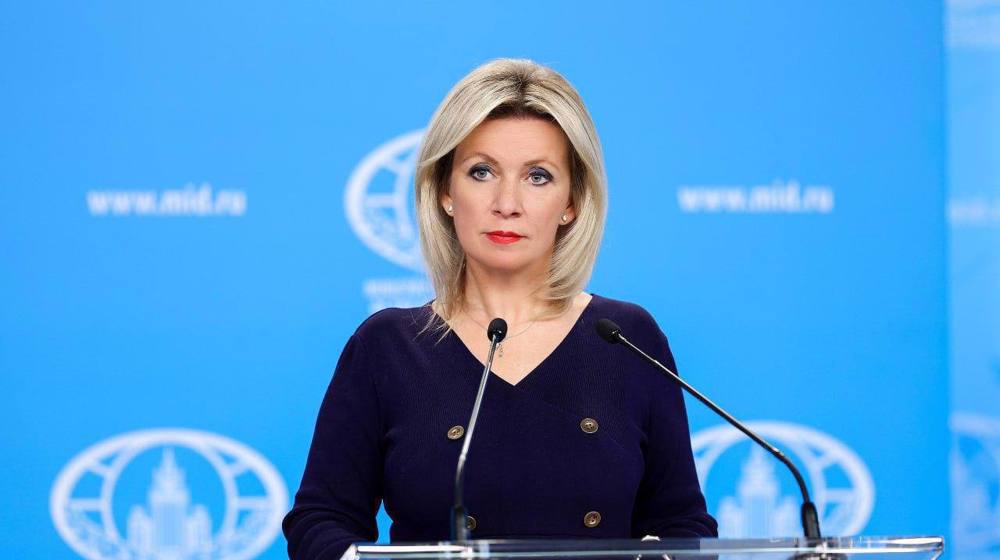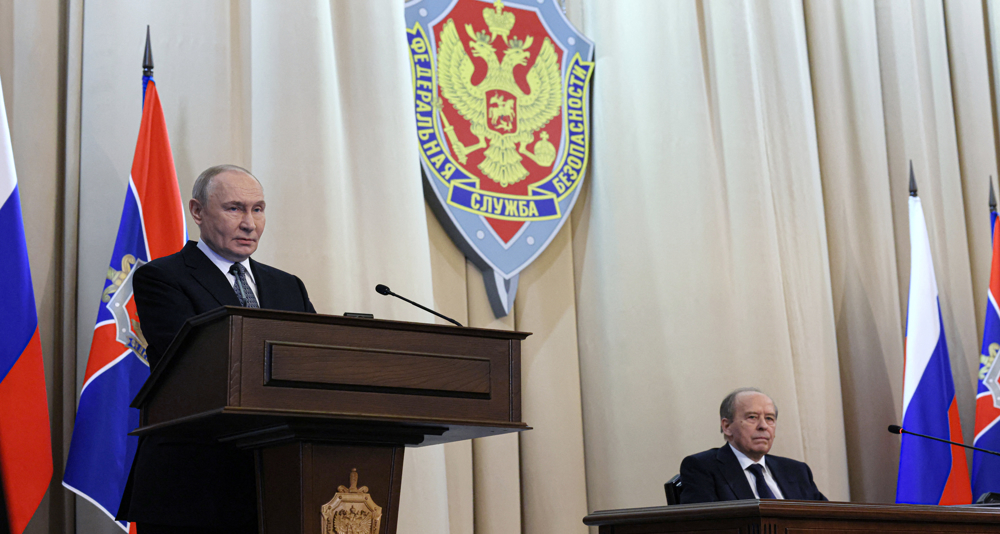OSCE sees no weaponry crossing from Russia into Ukraine
The head of a European monitoring mission confirms that no weaponry or people bearing arms have crossed the Russian-Ukrainian border during nearly a year of observations.
Paul Picard, the chief of the Organization for Security and Co-operation in Europe (OSCE), made remarks at a press conference in Russia’s southern city of Rostov-on-Don.
“We have not seen any military equipment crossing the Donetsk or Gukovo checkpoints,” Picard said, adding, the OSCE observers have also “never seen people crossing the border with weapons. The border guard and customs strictly watch over this.”
However, unarmed people, some of them calling themselves “volunteers,” have been crossing the border in both directions on a daily basis, Picard noted. According to the OSCE chief, some of these men bore various types of insignia, including those of the self-proclaimed Republics of Donetsk and Luhansk.
Picard also pointed out that some 2.9 million people have crossed the Russian-Ukrainian border during the year observation.
“From September 1 through August 4, we have observed 21,309 of these types of people crossing the border, that’s 63 per day or 441 per week, of which 94 percent are crossing the Donetsk checkpoint,” said the OSCE chief, noting, “This flow is continuing, but it has become less.”

The remarks came amid allegations by the West that the Kremlin has been meddling in Ukraine’s domestic affairs and backing the pro-Russia forces in the eastern Ukrainian regions of Donetsk and Luhansk, where Kiev initiated a military operation in April, 2014 against them.
The Ukrainian crisis began when pro-European Union (EU) forces, including Western-backed radical nationalists, ousted then-president Viktor Yanukovych after he refused to sign an association agreement with the EU.
The latest round of talks overseen by the European Union is set to start in the Belarusian capital of Minsk where representatives of Ukraine, Russia and pro-Russians will hold talks on implementing the Minsk truce agreed in February.
The shaky deal has, however, failed to end the deadly violence in the mainly Russian-speaking regions of eastern Ukraine, with both sides trading accusations of breaching the ceasefire agreement.
According to UN figures, about 7,000 people have so far been killed in the conflict.
US war on Iran burns past $1bn in early days, with total projected to exceed $95bn
US officials warn of challenges posed by Iranian drones
'We warned repeatedly about the limit to our patience': Hezbollah leader
IRGC announces 'blinding' US, Israel's eye in region; vows harsher retaliation coming
Iraqi resistance leader urges Americans to ‘reclaim’ country from Israeli ‘puppet Trump
Iran blasts US-Israeli use of autonomous killer systems against civilians as 'war crime'
US-Israeli aggression left Tehran with no choice but to defend Itself: President Pezeshkian
Iran urges immediate intl. action against US attacks on schools










 This makes it easy to access the Press TV website
This makes it easy to access the Press TV website